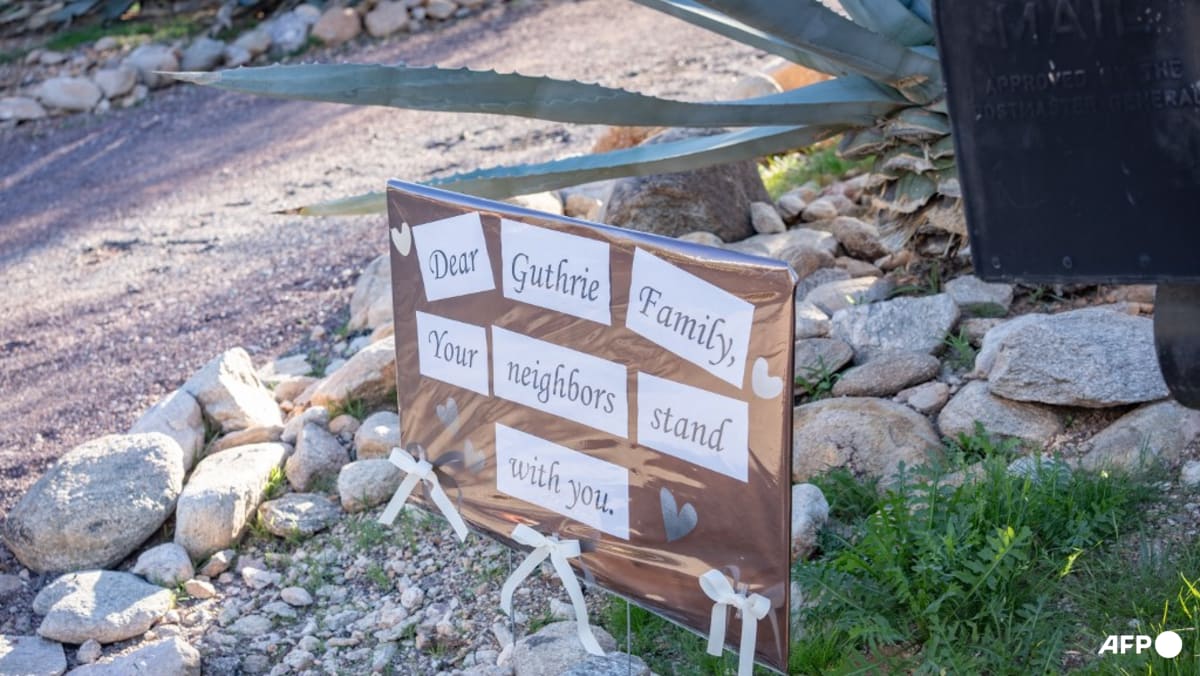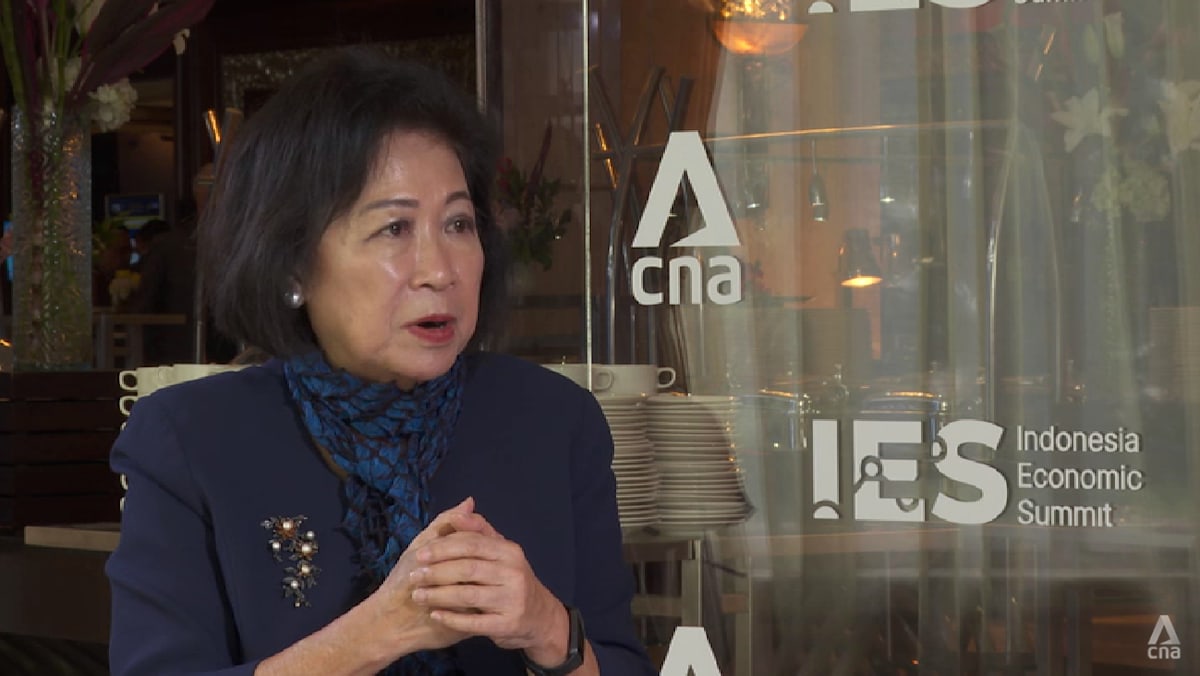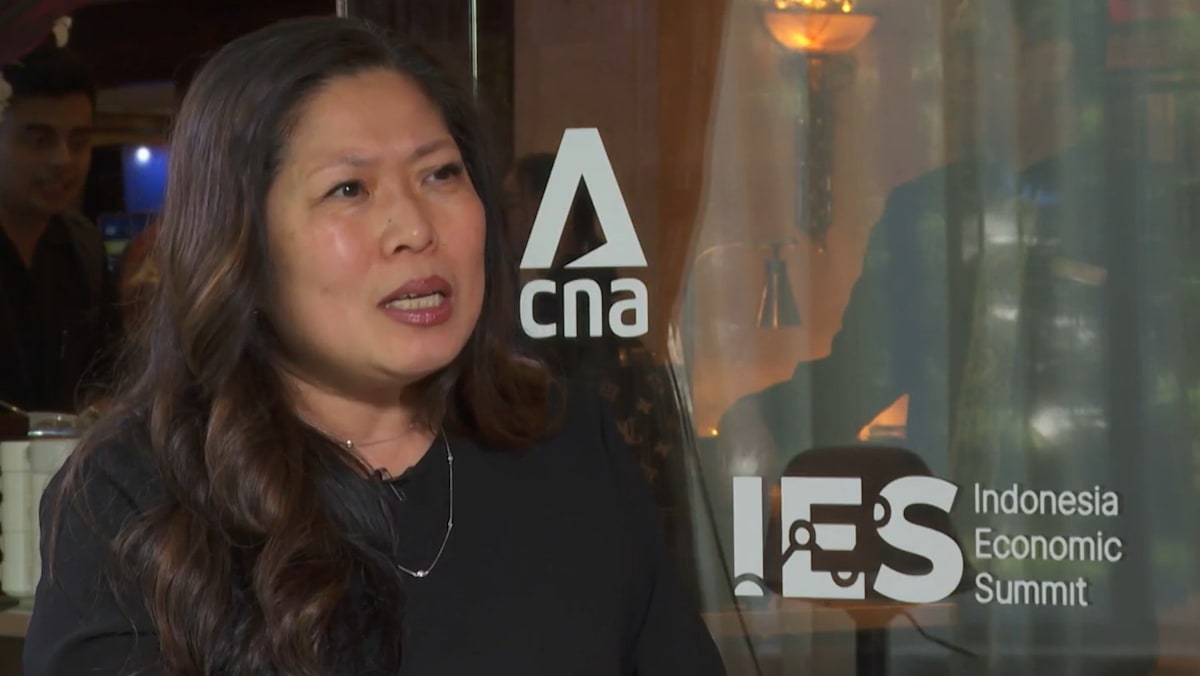SINGAPORE: A former preschool cook who molested three toddlers should never have been assigned childcare duties in the first place, early childhood educators said, raising concerns about staffing practices across the preschool sector.
Teo Guan Huat, 61, pleaded guilty on Monday (Oct 27) to three counts of molesting girls aged two or younger. Between May and November 2023, he molested the victims two to three times a week during naptime, under the guise of patting them to sleep.
His regular duties went beyond typical kitchen responsibilities. Teo escorted children to another teacher for showers, laid out mattresses at naptime, and helped put children to sleep – tasks that educators said should have raised immediate concerns.
A former preschool principal who gave her name as Ms Lin, 37, said she was “really disgusted” to learn of this case.
“Cooks and cleaners do not have ‘children’ cast in their JD (job description) at all,” she said, adding that it is a “red flag” for the cook to be helping with toilet and naptime duties in the first place.
Mrs Iswari Ferrier, principal of Tots Town Preschool, said non-teaching staff are typically limited to their job scope.
“They're not trained to handle the child. They're trained for their specific role in the school. So we should not officially take them out of their boundary and then put them with the kids,” she said.
For the cook to be involved in caring for young children is a “bad staffing plan”, she added.
ECDA told CNA that non-programme staff members such as cleaners and cooks can be deployed to assist educators with the care and supervision of children, but must first be approved as "programme helpers".
The Early Childhood Development Centres Regulations and Code of Practice require programme staff to supervise non-programme staff during such assistance. Programme staff must practice active supervision to ensure the safety and well-being of children.
In this case, the cook was not approved to be a programme helper and should not have been allowed to assist teachers during routine care, ECDA said.
The preschool was fined S$26,200 in May 2024 for multiple breaches of the regulations. Its name cannot be published due to a gag order.
MANPOWER PRESSURES CREATE GREY AREAS
Major operators have strict policies limiting contact between non-teaching staff and children.
EtonHouse said all male staff members – including educators – are not allowed to be alone with children. Male non-programme staff, in particular, are "strictly prohibited" from caregiving activities, while non-programme staff such as cooks and cleaners cannot have physical contact with children except in emergencies.
At Busy Bees Asia, all tasks must be carried out in visible, open areas and one-to-one interactions are to be avoided, said chief operating officer Chrislyn Pillai.
Despite these guidelines, educators acknowledged that manpower shortages sometimes blur boundaries.
Preschool teacher Mdm Chuan, 53, said teachers typically cover for each other, but may briefly ask administrative staff to supervise children in urgent situations.
For example, if a child spills something in the classroom and there is only one teacher present, she will typically ask another teacher to watch both classes while she gets help.
But on occasions where no other teachers are available, she may ask an administrative staff member to keep watch.
"But it's a very brief one, probably less than under a minute, that kind of thing," said Mdm Chuan, who did not want her full name published.
Mrs Monica Lim, 64, a former administrative staff member, said she and her female colleagues at one preschool often volunteered to help with caregiving when teachers were stretched thin. This included toilet escorts and even diaper changes if necessary.
"You have your job description, but no such thing as stick (to it)," said Mrs Lim, adding that the staff worked as a "family". However, she was less involved in caregiving duties when she transferred to another centre, and teachers declined when she offered to help.
Ms Tan, a 25-year-old preschool teacher who declined to share her full name, said that the manpower issue in the sector should be looked at.
“It seems like (the preschool in the case) cannot cope with the number of children that they have to call the cook in, so should the ratio be revised?” she said.
ECDA's code of practice requires one qualified programme staff member for every 15 nursery-level children during programme hours, with ratios varying by education level and preschool type.
Ms Lin, the former preschool principal, questioned why Teo performed these duties for six months without intervention.
“If there was a lack in manpower, half a year is really way too long to go and seek help, to go and find somebody to make a replacement,” she said.
DELAYED REPORTING HIGHLIGHTS SYSTEMIC GAPS
The case also exposed weaknesses in reporting channels within the sector.
A staff member discovered Teo's abuse on Nov 16, 2023, while reviewing CCTV footage for an unrelated matter. He resigned on Nov 23 after being confronted by the management, but the matter was not reported to the police until early December. Teo was arrested on Dec 4.
Three women have been charged in relation to the erasure of footage capturing the abuse. ECDA has barred three of four management members involved from working in the preschool sector since April 2024.
Educators said the delayed reporting reflects broader challenges of a lack of reporting channels in the sector.
“We can bring it up, but what happens next is not entirely in our control,” preschool teacher Ms Tan said, adding that the early childhood industry is small and people may be afraid of speaking up due to the fear of repercussions.
A preschool teacher who wanted to be known as Hannah said the reporting process is hierarchical and not anonymous. At her school, the protocol is to speak to the staff member involved, then report the issue to the principal, who would then report it to the senior centre leader.
“Sometimes it's more urgent. If you see a teacher doing something that's not right, I think there should be consequences that are laid immediately, instead of prolonging the process,” the 25-year-old teacher said.
Ms Lin suggested opening an anonymous hotline where staff can feel safe to whistleblow and said it is worth taking extra protective measures, such as regularly reviewing CCTV footage. While ECDA required all preschools to install CCTVs by July 2024, review frequency varies widely.
The frequency of review varies from organisation to organisation, Ms Lin said. At her previous workplace, her team would randomly pick footage to review weekly to ensure that everything was running smoothly.
Still, she knows of schools that only review footage when an accident happens.
“We don't have to constantly look at the CCTV. But there should be a purpose for it,” she said.
Ms Lin said that child safety is ultimately the top priority.
“We should not be risking any more child's innocence, child's life, just to learn a lesson.”


















































